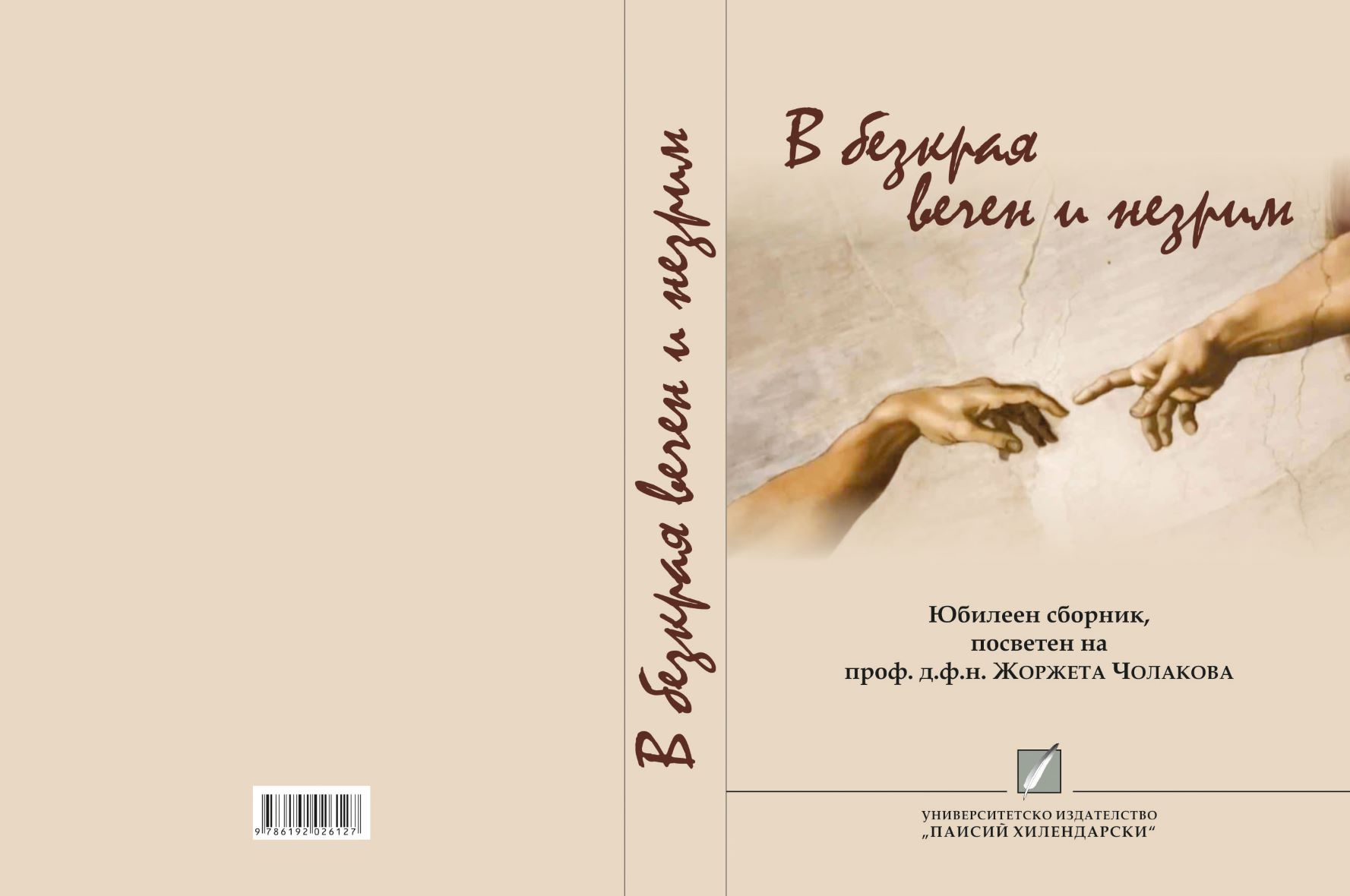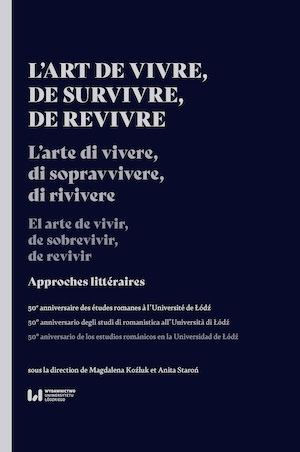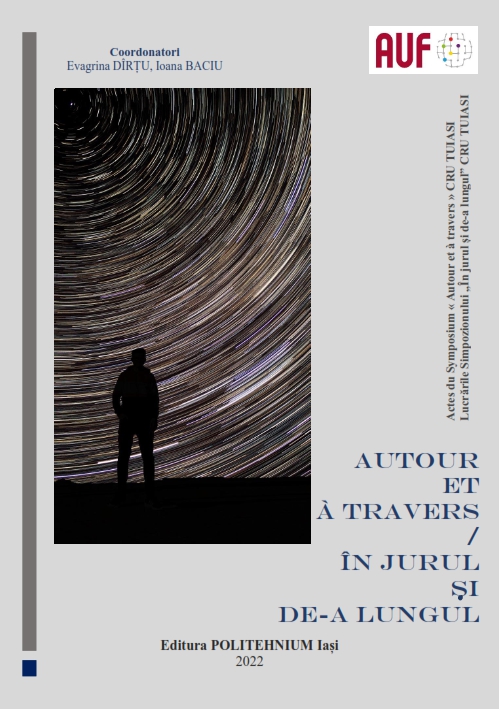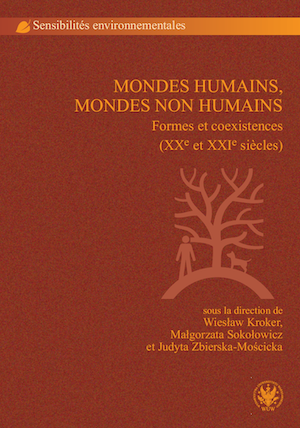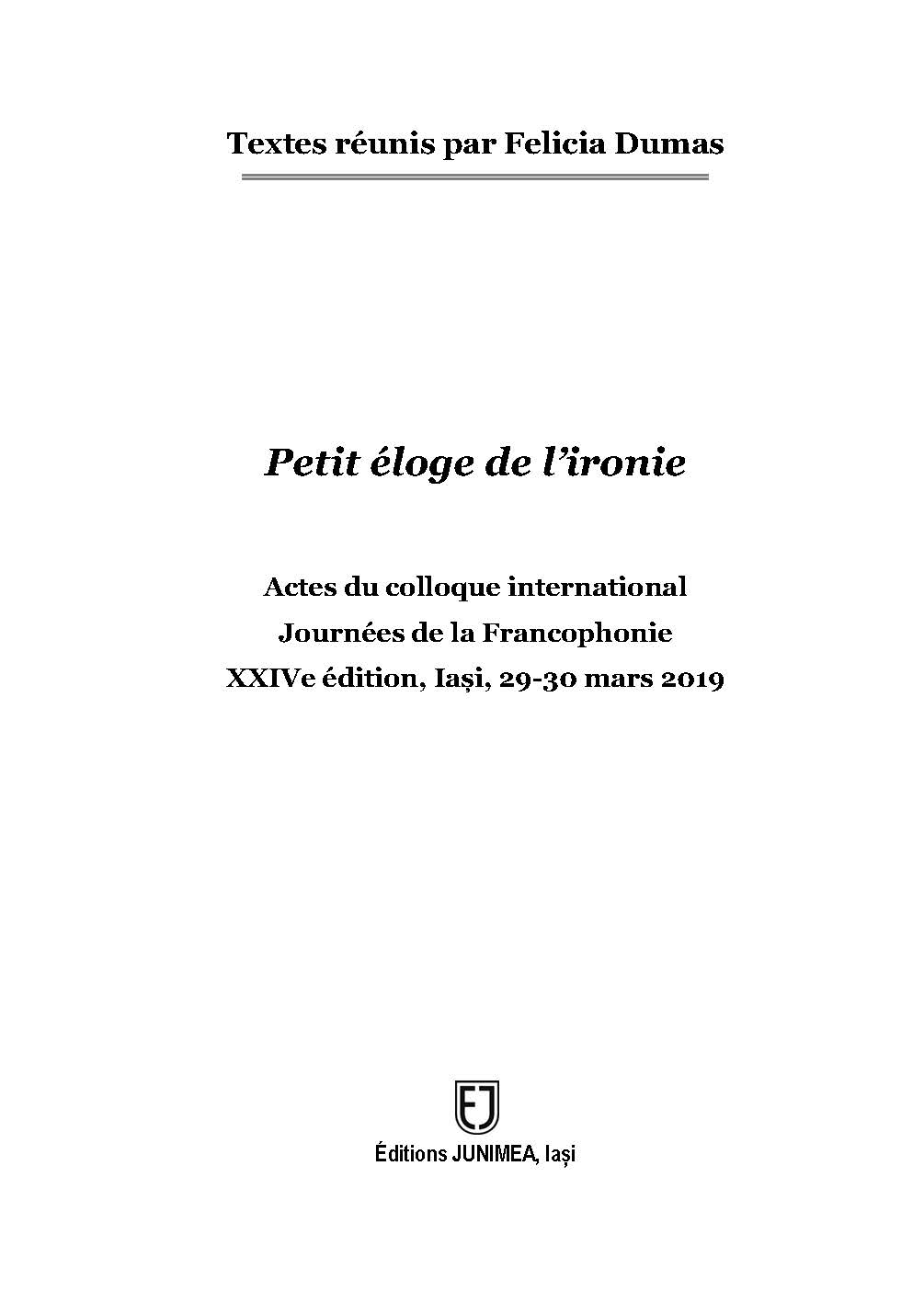
L’expérience-limite du rire chez Georges Bataille
Laughter is a real "limit-experience", in Georges Bataille's work: it is a practice of the body coupled with a movement of thought that continues in and extends to the language itself. It is a tragic, black laughter, as opposed to Bergson's blank, innocuous laughter, of a paroxysmal moment of protest introducing the bursting into the text and into the characters. While shaking their bodies with uncontrolled jolts, he testifies to the stirring up of the commonplaces of their thoughts. Unmeasured and uncontrollable, major, sovereign, he releases the energies. Pure expenditure, like tears, it arises during transgressive moments of excesses, ecstatic and thanatic, dissolves the limits of being, ensures communication with the Other by opening on the unknown, the impossible, the non-knowing.
More...
